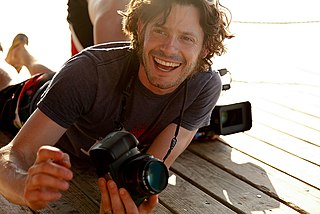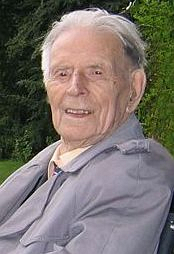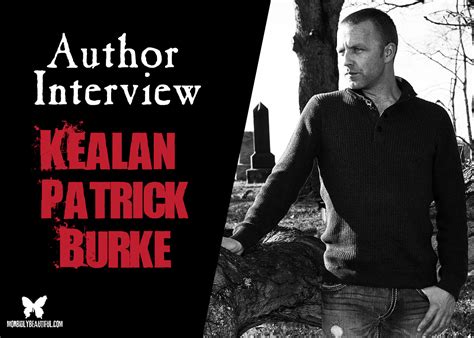A Quote by Nick Harkaway
The First World War was a horror of gas, industrialised slaughter, fear, and appalling human suffering.
Related Quotes
To draw an analogy: a man's suffering is similar to the behavior of a gas. If a certain quantity of gas is pumped into an empty chamber, it will fill the chamber completely and evenly, no matter how big the chamber. Thus suffering completely fills the human soul and conscious mind, no matter whether the suffering is great or little. Therefore the "size" of human suffering is absolutely relative.
Remembering the loss of those Irishmen from all parts of the island who were sent to their deaths in the imperialist slaughter of the First World War is crucial to understanding our history. It is also important to recognise the special significance in which the Battle of the Somme and the First World War is held.
The main issue [of the Scientific Revolution] is that the people in the industrialised countries are getting richer, and those in the non-industrialised countries are at best standing still: so the gap between the industrialised countries and the rest is widening every day. On the world scale this is the gap between the rich and the poor.
I have said, and I repeat, at the risk of appearing sacrilegious, that the gas chambers are a detail of the history of the Second World War... If you take a book of a thousand pages on the Second World War, in which 50 million people died, the concentration camps occupy two pages and the gas chambers ten or 15 lines, and that's what's called a detail.
I marvel now that it was not obvious how inextricable suffering and fear are. It was not until fear left that I noticed, slowly, how it seemed to have taken suffering with it. It took a while to figure out that (for me, anyhow) suffering is mostly caused by fear-not by the circumstances themselves, but by my response to them.
Horror itself is a bit of a bullied genre, the antagonist being literary snobbery and public misconception. And I think good horror tackles our darkest fears, whatever they may be. It takes us into the minds of the victims, explores the threats, disseminates fear, studies how it changes us. It pulls back the curtain on the ugly underbelly of society, tears away the masks the monsters wear out in the world, shows us the potential truth of the human condition. Horror is truth, unflinching and honest. Not everybody wants to see that, but good horror ensures that it's there to be seen.






































